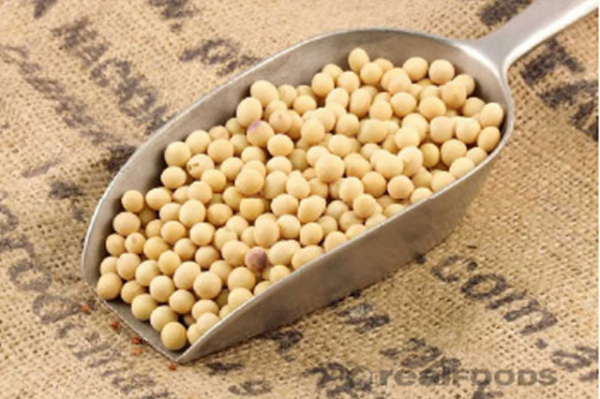
GOVERNMENT expects to stop the importation of soya beans by May 2018 on the back of Command Soya Bean Scheme introduced in the 2017 /2018 farming season to boost production, an official has said.
BY MTHANDAZO NYONI
Agriculture deputy minister (cropping) Davis Marapira told NewsDay on Tuesday that by May next year, the importation of soya beans should stop following government’s intervention.
“Government has also extended soya beans into the Command Agriculture programme to increase output. We are expecting to stop importation of soya beans by May next year when we start harvesting,” he said.
Marapira said importation of soya beans was killing agriculture sector and taking out the much-needed foreign currency.
Government is leading the mobilisation of $150 million for the 2017/2018 Command Soya Bean Scheme to reduce imports.
Data from the Zimbabwe National Statistics Agency shows that in the first eight months of the year, the country spent $19 million on soya bean imports.
Last year, crude soya bean imports amounted to $120m and this year so far, they are at $72m.
- Chamisa under fire over US$120K donation
- Mavhunga puts DeMbare into Chibuku quarterfinals
- Pension funds bet on Cabora Bassa oilfields
- Councils defy govt fire tender directive
Keep Reading
Zimbabwe Commercial Farmers’ Union president Wonder Chabikwa said it was possible for government stop soya bean importation next year on the back of import substitution measures.
“There is no reason for Zimbabwe to import soya beans from South Africa. What is needed is for government to support the crop and we are happy that it has done so. Farmers need to be supported to increase production. We should be very serious and practical about import substitution,” he said.
Chabikwa hailed command agriculture that was unveiled last year to ensure food security and to reduce dependency on imports.
Soya beans is a critical raw material in the production of edible oil, to help meet about 300 000 tonnes of the seed required by the domestic market annually.
Zimbabwean farmers are producing an average of 30 000 tonnes of soya beans per year, according to Oil Expressers’ Association of Zimbabwe.
Apart from the production of edible oil, soya beans can be used to make stock feeds.











